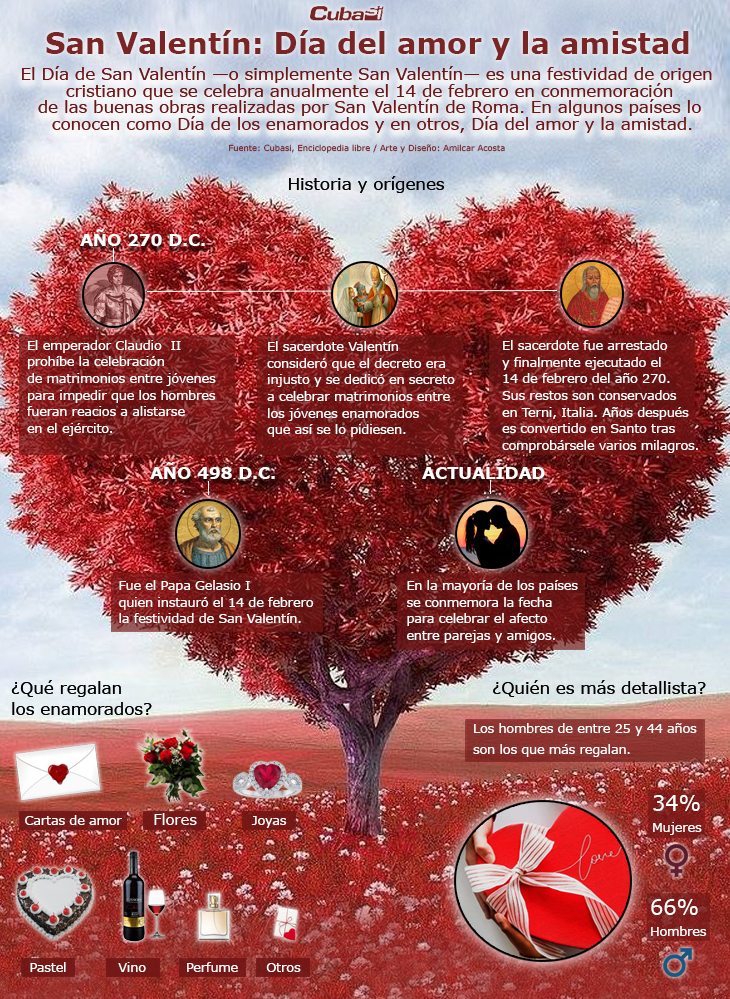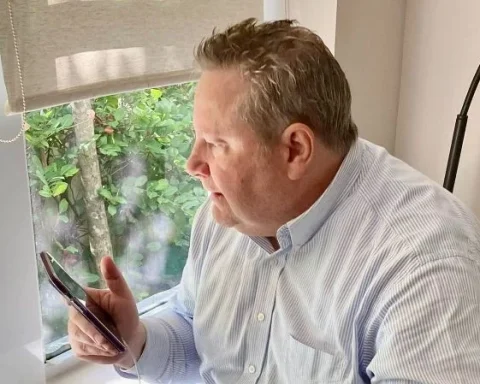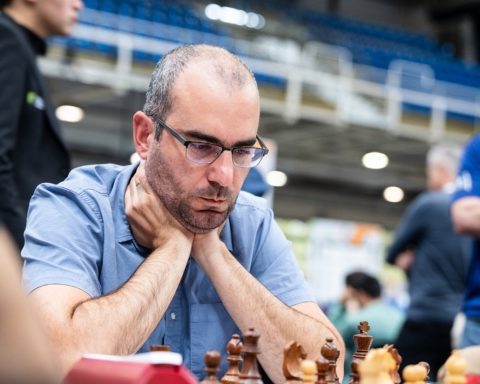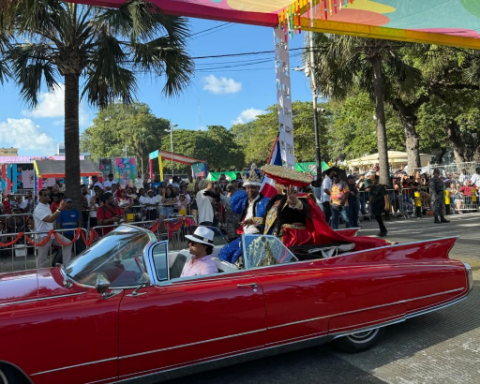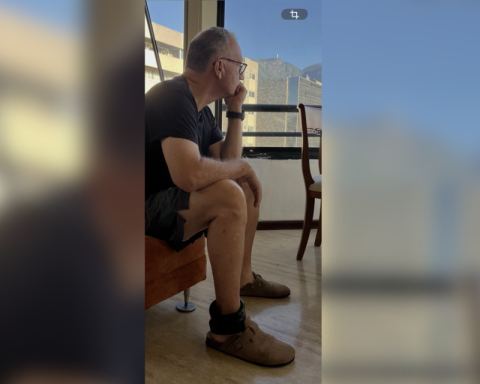It is no longer the longest kiss in the world, the one between a Thai couple who remained kissing for 58 hours, thus beating a Guinness record, but rather kisses, simple kisses, even those “beaks” and that have even become a luxury in these pandemic times.
Although there are no specific studies in this regard, it can be categorically assured that kissing has become a luxury since the pandemic made its way into this world, dislocating lives, projects, and also loves.
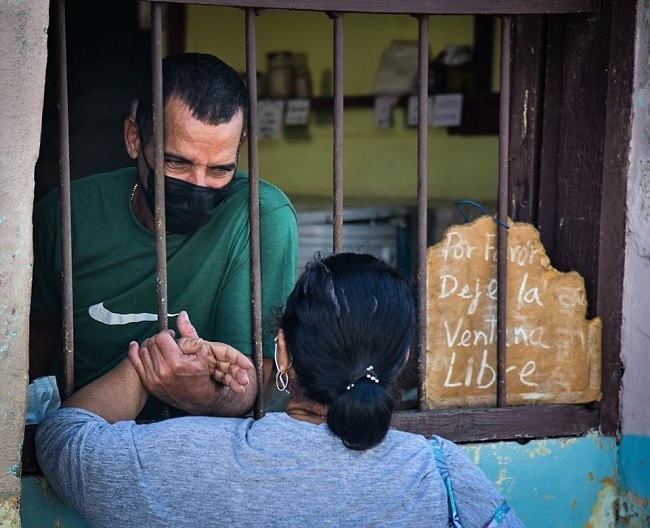
Photo: Kaloian
COVID-19, which is still a gloomy reality in many latitudes —although in others it goes to a de-escalation confining masks to the last drawer—, blurred all spheres of existence, but since today is the Day of Love, it is worth stop in their tracks in couple relationships.
There are so many indelible marks, that even today, February 14, at this very moment there are many couples who will not even be able to kiss: either because they do not live together and because of COVID they must continue to wear a mask, or because someone is infected or isolated because they are suspected of contagion, or because biosecurity protocols and measures still keep them at a distance, sometimes hundreds and even thousands of kilometers apart.

Photo: pinterest.es
And since today is also the Day of Friendship, what can we say about friends, who, even though they remain meters apart, only a fist bump remedy the kiss and hug that cannot occur.
They are realities common to Cubans and to many other countries, even when it is impossible to make generalizations. From that premise warns Dr. Beatriz Torrespresident of the Cuban Multidisciplinary Society for the Study of Sexuality, every time she has been asked to comment on Cuban couples in these times.
The expert also clarifies that, depending on the quality of the bond before the pandemic, this may have been the impact of these times on the love relationship.
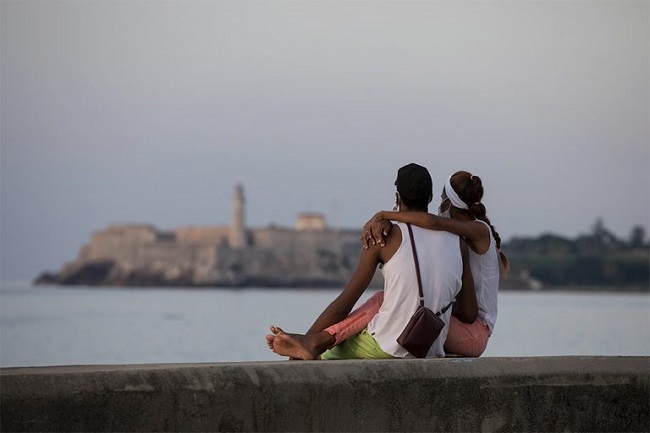
Photo: Gabriel Guerra Bianchini
Such is the diversity of these impacts, that although estrangement has been the most painful impact for many couples, living together full-time has also meant the coup de grace for others.
At the same time, this living together permanently, 24 hours a day, seven days a week, for other unions has represented a consolidation of the bond, the rediscovery of their partners and life partners, and also of new ways to give each other love.
That is why, in this topic, talking about numbers and percentages will always be risky. Nevertheless, Dr. Torres has specified that “the evidence points to those who remained distanced, because they were in other countries or provinces, as the people who suffered the most from this situation, despite maintaining contact virtually.”

Photo: taken from growproexperience.com
From when the impossible became the common
For the historian, philosopher and professor at the Hebrew University of Jerusalem, Yuval Noah Harari, “COVID-19 is emerging as the decisive moment of our era”, since we have entered “a historical wormhole”, that is, a time when “the normal laws of history are suspended”; in other words, in a matter of a few weeks “the impossible became ordinary.”
What was described by the also author of several bestsellers it extends to the reality of couples, hence also for love ties there will always be a before and after the pandemic, which cannot yet be outlined because still, although with lights increasingly closer to the end of the tunnel, we remain immersed in it.
Despite so much swinging, love is still saved. This seems to be demonstrated by an investigation published a little over a year ago by the Directorate of Academic Publications of the University of Havana: Loving attachment of young university students in Havana.
After inquiring with 353 students of Medical Sciences, Computer Engineering, Industrial Engineering, Civil Engineering, Social Communication, Journalism, History, Sociology, Arts, Letters, Law and Psychology, all from universities in Havana, the authors concluded that almost half of the sample (48.3%) showed a confident style in their relationships.
This denotes young people with greater facility for intimacy and commitment, warmer and willing to offer emotional support and help to their partner, indicated the researchers Adis Aymée López Bauta and Eniuska Hernández Cedeño, from the Faculty of Psychology at the UH, and Gretter Anaudina Rey Rodríguez, from the University of Sonora, Mexico.
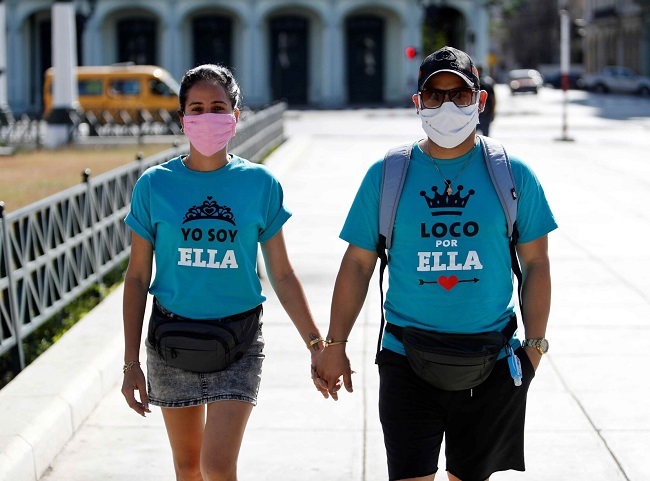
Photo: EFE
Likewise, 76.7% of the young people studied have a positive mental representation of themselves, and in terms of their partners it is 76.1%.
«The existence of positive self-models in the couple refers to young people who perceive themselves as deserving of love, attention and help, and behave less dependent and anxious in these relationships than those who have a negative self-model. Likewise, the positive model that they have of the others in the couple bond allows them to establish closer relationships, based on the expectations of sensitivity and availability of these in the face of their needs”, the text refers.
Even without being representative of the entire youth universe, they are hopeful figures.
However, beyond our borders, other experts offer different views that still help to put together the global and national puzzle of love in a pandemic.
This is the case of the Franco-Israeli sociologist Eva Illouz, who speaking to BBC News He assured that constant and continuous intimacy is not bearable for most couples, and the crisis unleashed by the new coronavirus has made it possible to appreciate how important the public sphere is in private lives.

Photo: GETTY IMAGES
“What I have observed the most is that what we call home, the private and domestic sphere, desperately needs the public sphere, friends, work, the streets, in order to fulfill its function”, indicates the also university professor and author of famous volumes.
The most important learning
What has been described so far are all coexisting realities derived from this world crisis generated by the coronavirus, as microscopic as it is fearsome, which has revealed, also as an undeniable certainty, how selfishness, inequalities and the desire for profit have been about, worldwide, to make us collapse as a species.
But also the pandemic itself —despite its terrible balances and forcing us to rethink even the ways of living and living together— has brought us lapidary lessons.
The text Learnings that COVID-19 leaves us. A sociological look He summarizes them in a way that well articulates with this February 14, although transcending the framework of couple relationships to encompass our entire human condition: «the most important lesson that COVID-19 leaves us is that our happiness and that of those around us is built if we assume optimism as a shield, solidarity as a strategy and love as a flag».
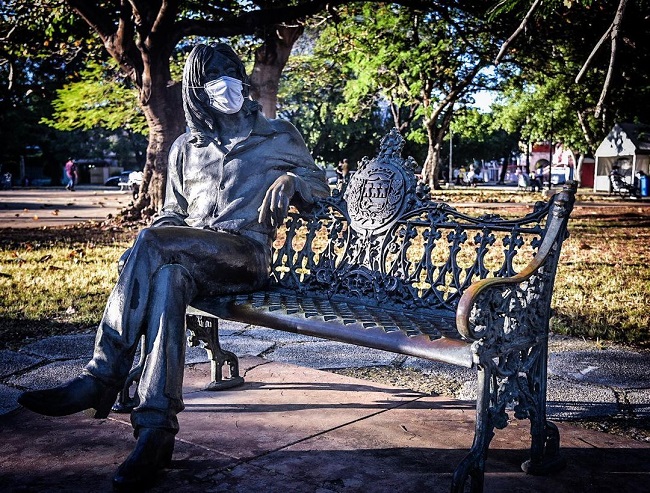
Photo: Kaloian
